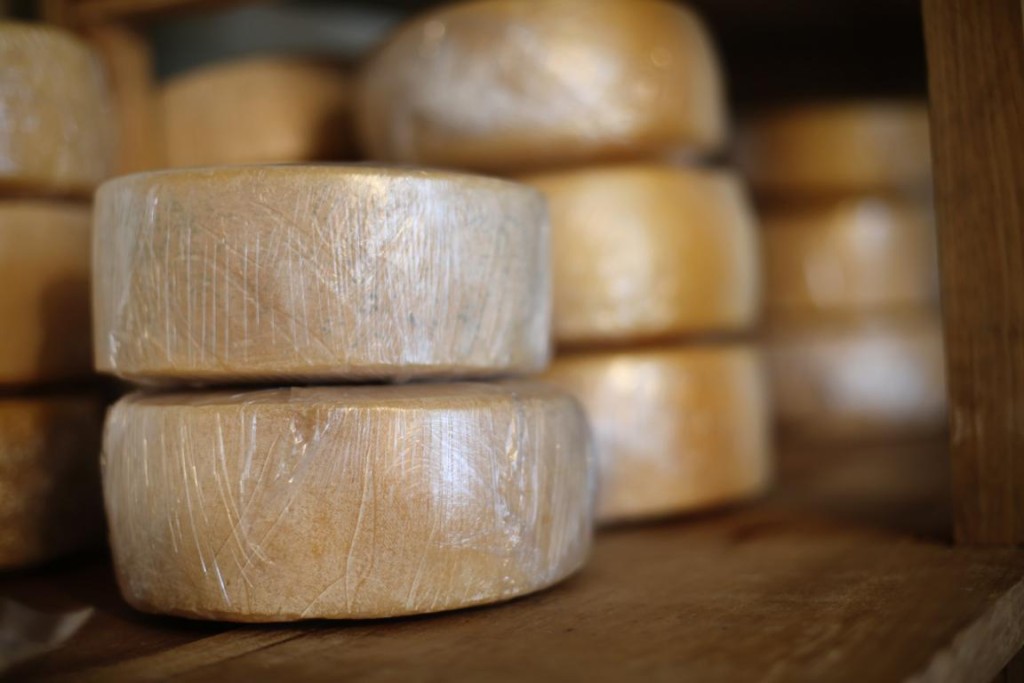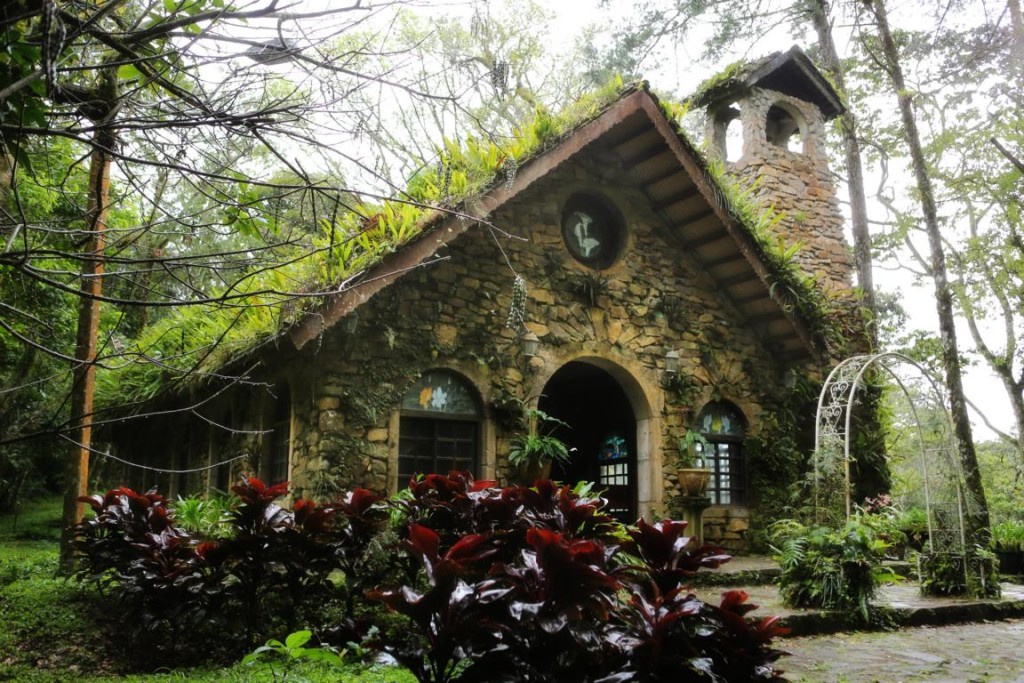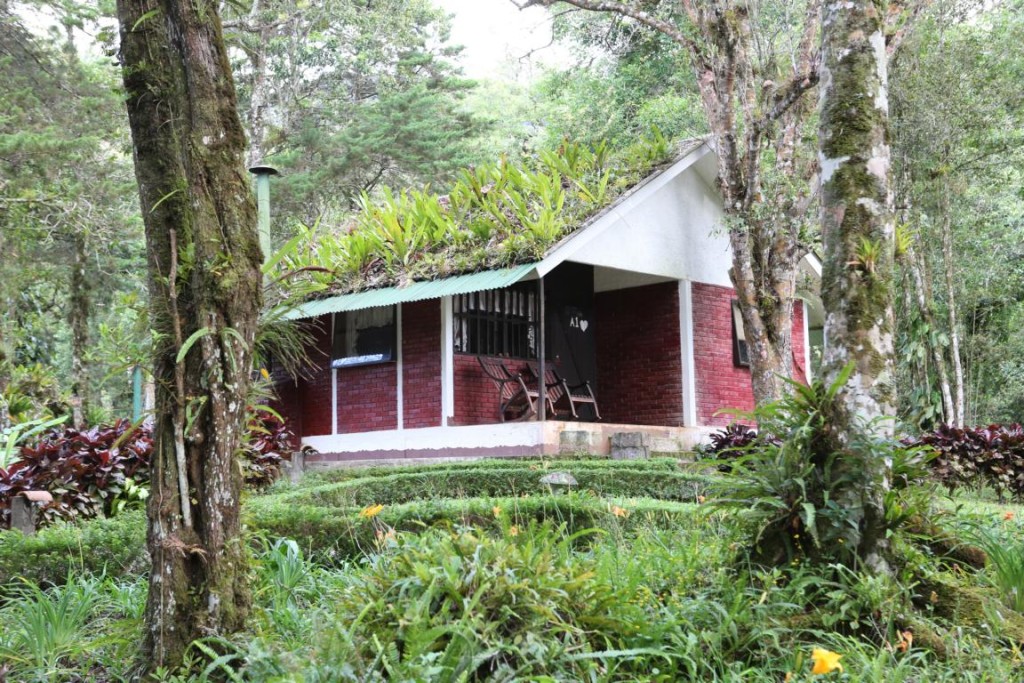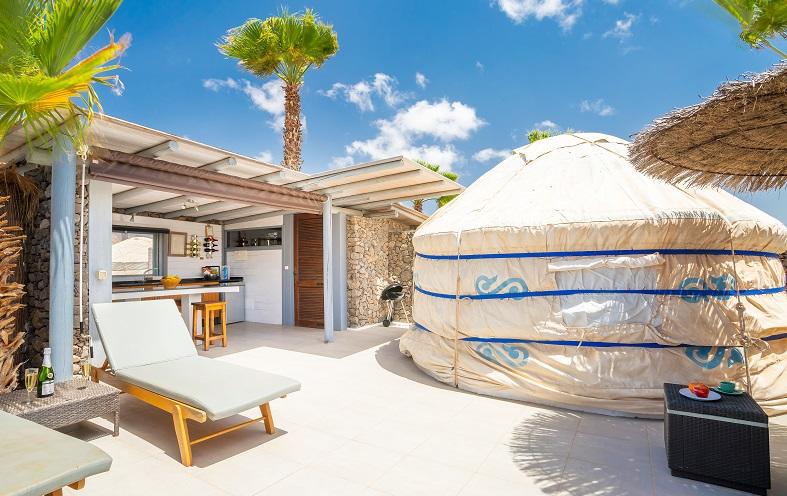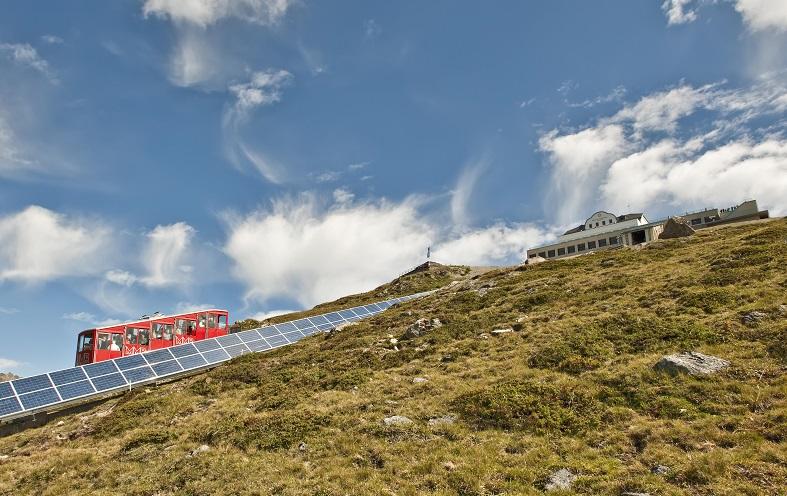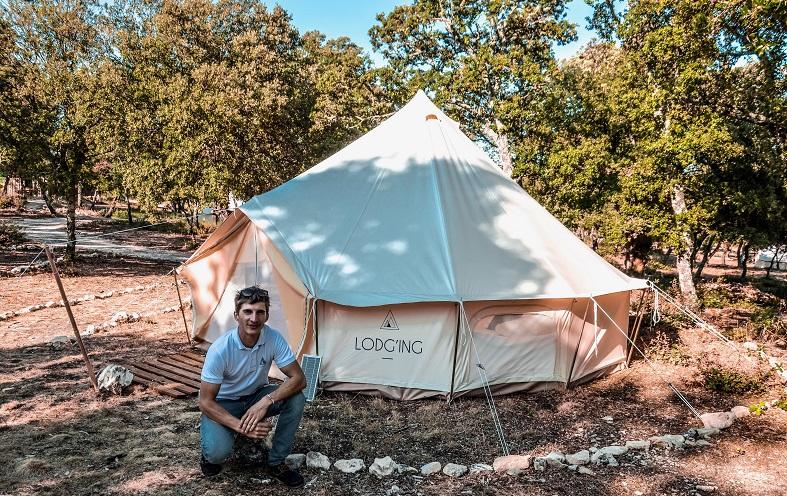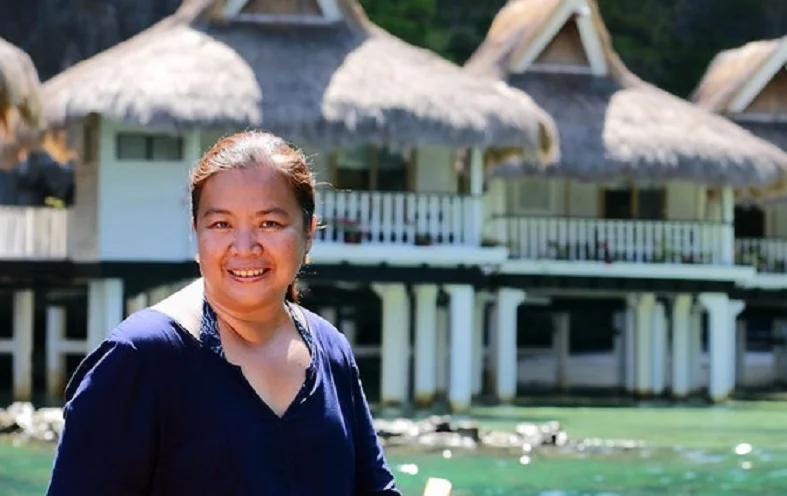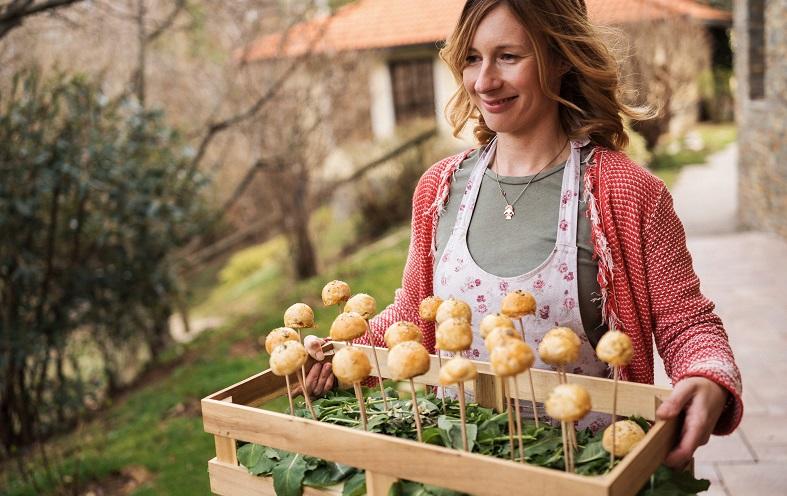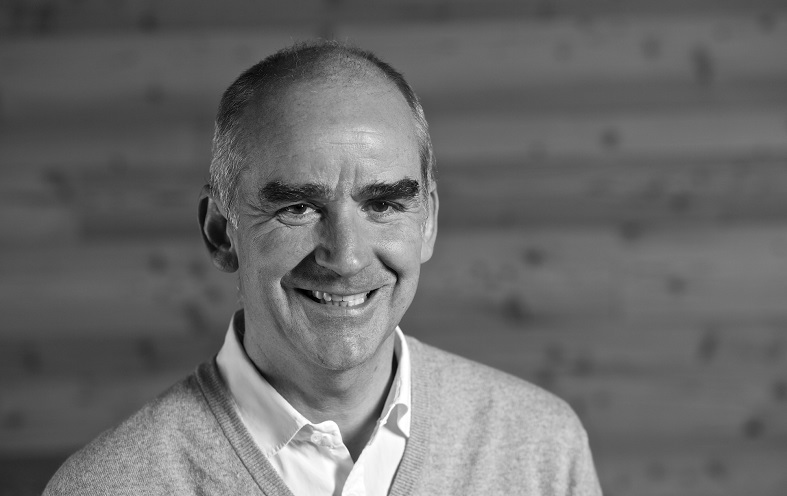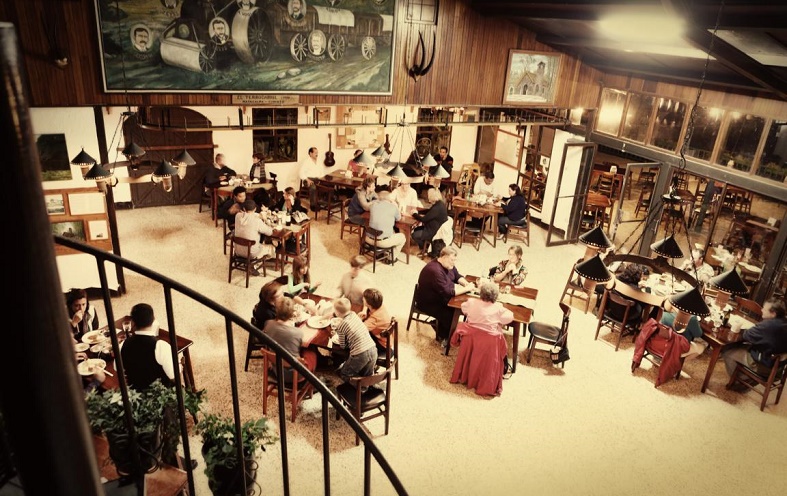
In Nicaragua, Selva Negra ecolodge is famous for its exemplary sustainability practices. International guides such as Lonely Planet and Frommers refer to Selva Negra not only as unique, eco-friendly accommodation, but a singular destination worth visiting when touring the country.
In this interview, Karen Kuhl shares here experience and advice on how to implement sustainability. Selva Negra (which means “Black Forest”, in reference to the German roots of the owners), started in the 1890s as a coffee plantation. In 1975, the Kuhl family bought the property and began the tourism activity in parallel to the organic farm and fair trade coffee production.
Karen, what made your family decide to pursue sustainability as an integral part of your lodging business?
It’s very simple, we love our community and we love our children. We want them to grow up in as beautiful a place as we had a chance to. We recognize that without sustainability that isn’t possible. We work hard to take care of the land, the people that work with us and their families, and to run a business that will stay in our family for generations to come.
Which sustainable practices at Selva Negra ecolodge are you particularly proud of?
So many things we do are intertwined, which makes it hard to separate one from the other. It is difficult to name a particular project. Rather, it’s the processes, the how we do things which I’m most proud of. Some of our initiatives:
Waste Management
Not only do we recycle all of our waste, but we ensure that the waste of one operation is actually input into another operation. We work in a small-scale so that most of our operations have symbiotic relationships.
We house over 200 permanent workers and their families, lodge over 200 guests at the ecolodge, have coffee, cacao, cattle, poultry, and tourism operations among many others, and only generate one 55-gallon drum of trash every other week. Everything else gets reused and recycled.
Strive for Self-Sufficiency
We strive to live in a homestead lifestyle where we generate most of what we use. It is the best way to stay trash free since we have to deal with that too. We generate as much of our own food, talent, personnel, fuel and energy as we can.
Education
Our unique approach to education is a model we wish to encourage not only in our surrounding communities but as far as people will listen and are willing to take our message. We host over 4,000 college students a year, over 10,000 national and international guests, host business conferences, and hold local agricultural coops training sessions.
It is our hope and purpose that every person who enters Selva Negra property leaves with a feeling of hope for sustainability and that they implement something, as little or as big as possible in their own lifestyles.
Which are the main sustainability challenges at Selva Negra ecolodge?
One big challenge is guest expectation and demand. Clients demand a green hotel but are unwilling to forgo hot water, consistent electricity and WiFi. Although they aren’t mutually exclusive, some of the sustainable practices we installed can cause complaints from our guests. It is impossible to satisfy everyone’s expectations. At Selva Negra, we try our best to find sustainable solutions while not affecting our guests’ experience.
Another challenge is determining whether green certifications are worth it. Whereas third-party verification of what we’re doing is important to the transparency of our operation and the credibility in the eyes of prospective guests, the financial cost involved isn’t sustainable. Also, many certification schemes are confusing and thus leave the guest with little faith.
In an ideal case (like Costa Rica), the government would finance the certification process of an international certification agency. This would raise the standard of sustainability in the country while alleviating the cost to the individual business. Guests seem to have more trust in a certification if every business uses the same standards. This allows them to compare apples to apples.
We continue to struggle with energy. We have on-site a water turbine that generates a large percentage of our energy needs on the farm, but it is a small percentage of what we consume in our tourism operations. Energy is a continued source of stress to our model and our pocketbooks. We have experimented with solar and wind power, but not been successful enough to apply it in a large-scale.
Your advice to hoteliers eager to embrace sustainability?
Start small:
Big changes start small and with sustainability, it is especially slow, it is better to start with a small project and make it successful than grand operations that require a big investment and run out of steam halfway through.
Pick a local community:
Build trust and support – help them with a small project.
Collect your organic waste:
Make a little compost for the potted plants.
Change your hiring policy to hire and train local women:
Any of these changes is a start and each successful change will inspire them to try another little change. Selva Negra has 40 years of little changes, very little of what we’ve done has involved big changes, yet we have made a giant impact on the local communities, the local environment and our family pride for the place we manage.
Thank you, Karen.
Learn more about sustainability at Selva Negra ecolodge in Nicaragua here.
This interview was conducted by Florie Thielin, who visited Selva Negra ecolodge as part of her Hospitality Tour through Latin America.
Enjoyed our interview with Karen Kuhl of Selva Negra ecolodge in Nicaragua? Share and spread the word!


